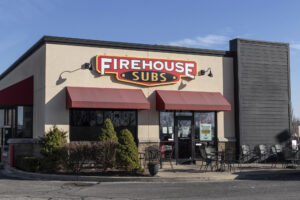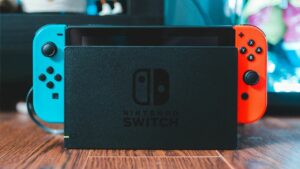On Thursday, a jury ruled that the NFL must pay over $4.7 billion for antitrust breach linked to its “Sunday Ticket” package. This service gave fans access to watch out-of-market games only if they purchased a bundled package to access them.
NFL Faces $4.7B Payout After Losing ‘Sunday Ticket’ Antitrust Trial
June 28, 2024
On Thursday, a jury ruled that the NFL must pay over $4.7 billion for an antitrust breach linked to its “Sunday Ticket” package. This service gave fans access to watch out-of-market games only if they purchased a bundled package to access them.
The jury reached a verdict in under a day, which could prompt the NFL to revamp its broadcasting strategy. This shift may significantly impact the league’s status as the country’s leading sports organization.
The legal battle, which lasted eight years, centers on claims that the NFL and its 32 teams worked together to breach antitrust laws. These accusations assert that this cooperation allowed the league to secure exclusive deals with broadcasters for airing out-of-market games.
The plaintiffs’ attorneys argued in a filing, “Given the relatively low cost of internet streaming and satellite and cable television carriage, each team acting independently would offer their games at a competitive price to anybody in the country who wanted to watch that particular team. ” Adding, “Instead, however, the teams have all forgone this option in favor of creating a more lucrative monopoly.”
A statement made by an NFL spokesperson on Thursday, said, “We are disappointed with the jury’s verdict today in the NFL Sunday Ticket class action lawsuit.”
The statement elaborated, “We continue to believe that our media distribution strategy, which features all NFL games broadcast on free over-the-air television in the markets of the participating teams and national distribution of our most popular games, supplemented by many additional choices including RedZone, Sunday Ticket and NFL+, is by far the most fan friendly distribution model in all of sports and entertainment.”
If upheld on appeal, the substantial verdict could deliver a significant financial setback to the wealthiest sport in the U.S. which is estimated to have generated over $18 billion in annual revenue last year. The NFL under Commissioner Roger Goodell projects that by 2027 it will reach $25 billion annually. Revenue from broadcasting rights forms a crucial part of this target, but the outcome of this decision might disrupt existing collaborations and reshape financial strategies across professional sports franchises.
Bill Carmody, the lead attorney in the case, said, “Justice was done, and it was a great day for consumers everywhere.” He added, “It was a real decisive win.”
In court, the plaintiffs contended that fans should have the option to purchase packages featuring only the games of their favorite teams, rather than being required to buy all out-of-market games from the entire league. However, the jury’s ruling focused solely on determining the damages awarded and did not address whether this purchasing model will be implemented in the future.
When asked if individual game or team packages would now be offered, Carmody replied, “I don’t know, I sure hope so.” He added, “That question is something the court is going to deal with separately.”
The NFL asserts that it offers fans the best value by providing access to a diverse range of games through free broadcast networks, with additional games available at no extra cost to cable, satellite, or streaming service subscribers.
Recent News








